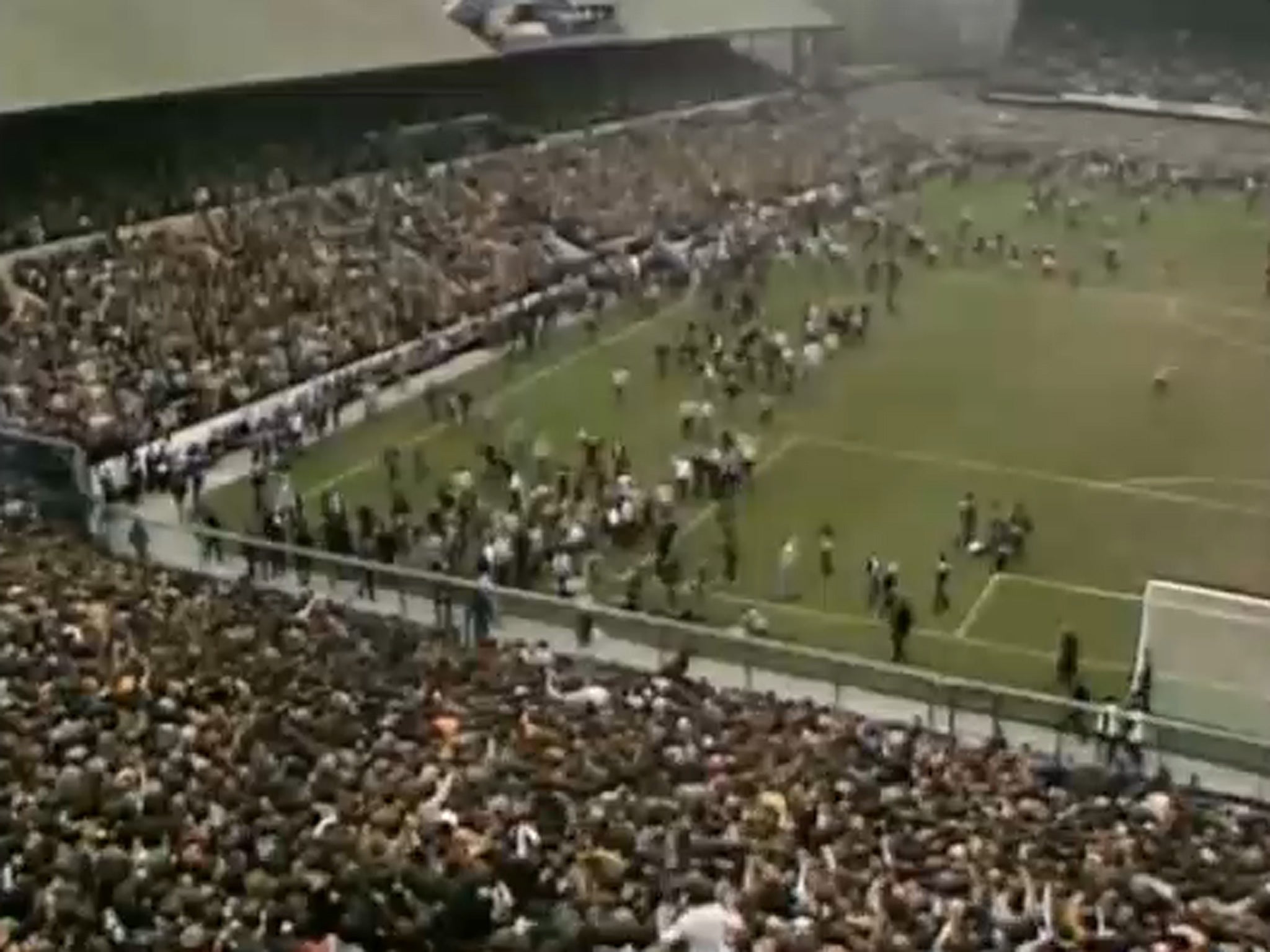Hillsborough coroner tells jurors to 'put personal issues aside' in summing up of inquest into 96 deaths
Jurors will need to answer 14 questions about how the 96 deaths were caused, including a possible verdict of unlawful killing

The coroner presiding over the Hillsborough inquests today told the jurors to put any possible personal differences aside as he prepared to send them out to discuss their verdicts.
As an exhaustive 293 days of evidence, which has made this case the longest in British criminal history, reaches its end, the three men and seven women are about to begin debating all they have heard about the disaster at the FA Cup semi-final between Liverpool and Nottingham Forest on April 15, 1989, which claimed 96 lives.
“We are conscious that you have devoted a very large part of your lives to these inquests,” coroner Sir John Goldring said. “It is of the highest importance that all of you work together in the interests of justice. It requires you to be able to discuss the evidence together in a civilised manner. It requires you to make your decisions together. It requires you to put to one side any personal issues which can sometimes arise. In the event that you are unable to deal with your very important personal decisions in the way I have indicated, you must immediately let me know. You should send me a message. I would then not hesitate in taking action.”
To the very end, the evidence was desperately grim. With many families of the bereaved in attendance at the converted courtroom in Warrington, Cheshire, were asked to assess whether video footage of one of the 96 who died demonstrated that he was alive at the time. The head of victim David Birtle, aged 22 when he died, may have been moving in video footage shot at 3.07pm that day and shown in court. But the jurors were reminded that the movement may have happened after death. “The mouth may have moved due to a loss of muscle tone,” Goldring said.
The coroner has told the jury they will answer 14 questions he has laid out for them about how the deaths were caused. These include a possible verdict of unlawful killing if the jury is unanimously satisfied that the South Yorkshire police officer in command, Chief Superintendent David Duckenfield, had acted or omitted to act in such way that amounted to manslaughter by gross negligence.
The coroner said today that to find gross negligence, the jury must be sure that Ch Supt Duckenfield’s breach of his duty of care was “so bad, in all circumstances, as to amount to a criminal act or criminal failure to act.” He also said that jurors must be satisfied that a “reasonably careful and reasonably competent match commander in David Duckenfield’s position would have foreseen a serious and obvious risk of death.”
Mr Birtle is one of five of the 96 whose times of death are uncertain. Colin Ashcroft is another, the jury were reminded, as they heard evidence of desperate attempts to resuscitate the 19-year-old on the pitch. Mr Ashcroft’s mother had insisted that he travel to the game on a Liverpool FC supporters’ coach as she was worried about his health problems, which had included epilepsy. A police constable who tried to save him – David Butler – was uncertain about the pulse he took, as he was “not very good at pulse checks and was wearing gloves,” the jury heard.
Goldring told the jurors to put out of mind anything they may have “heard or discussed” about the disaster. “Decide the case dispassionately on the evidence,” he said. “Put emotion to one side. Do not making critical findings unless the facts justify them. On the other hand, do not shrink from making such findings if they do.
“When you are assessing and judging the conduct of people at the time of the disaster, or in years previously, you should apply the standards of the time, not the standards of today.”
